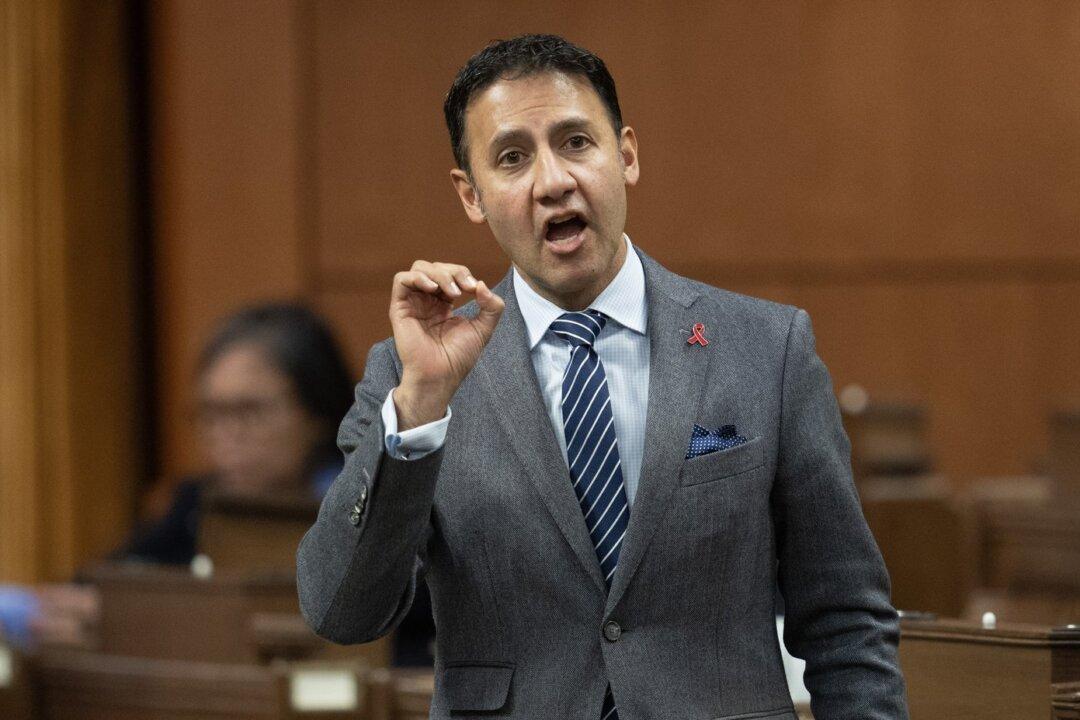Justice Minister and Attorney General Arif Virani apologized under threat of censure this week after calling Conservative Leader Pierre Poilievre a ‘[expletive] tool’ during Question Period in the House of Commons.
The remark was made after Mr. Poilievre questioned the justice minister about Canada’s auto theft problem during the Feb. 5 meeting, as first reported by Blacklock’s Reporter.





